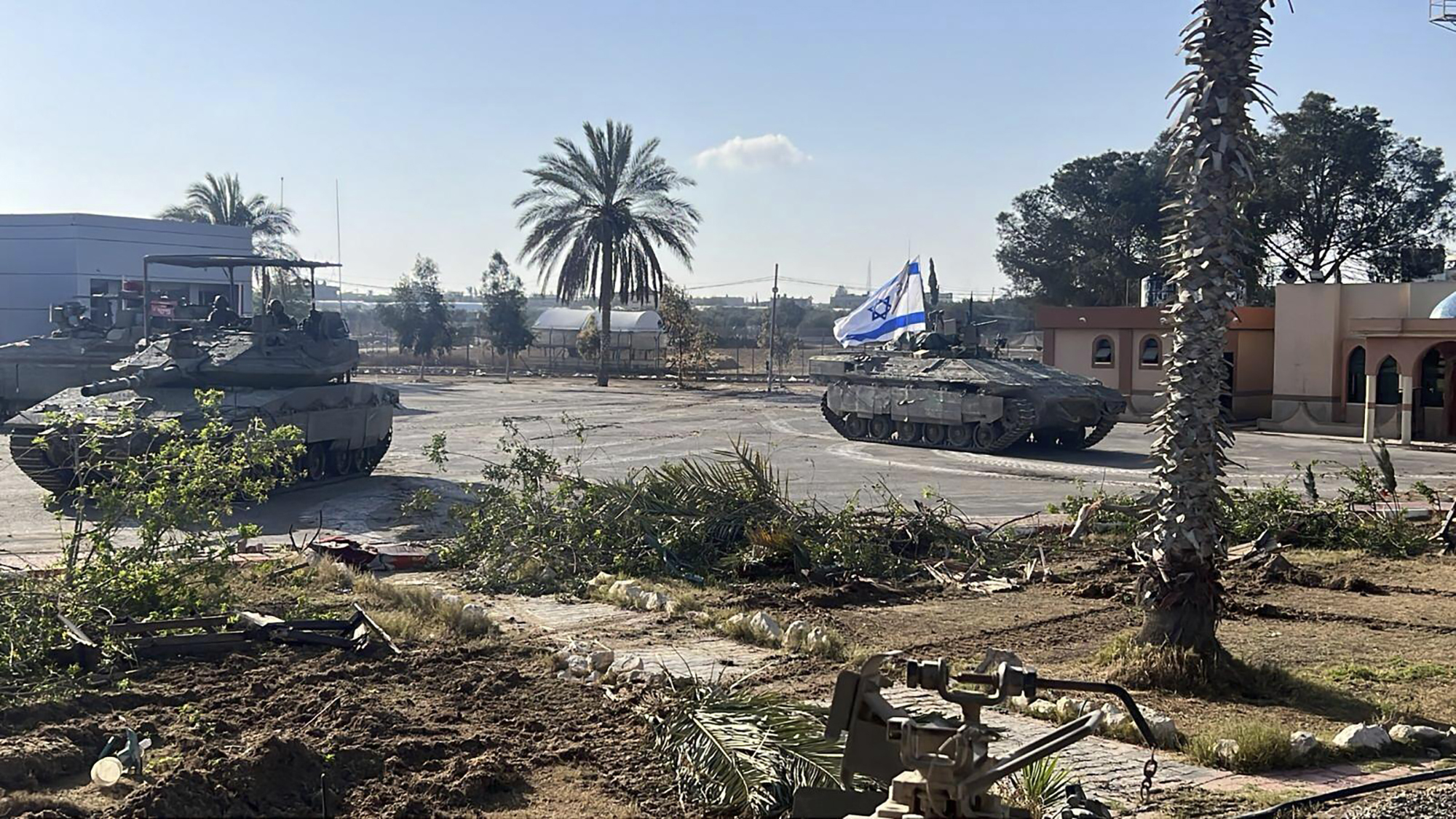
GENEVA - The main crossings into the southern Gaza Strip have been blocked off from external assistance, United Nations (UN) agencies reported on Tuesday.
During a press briefing in Geneva, spokesperson for the UN Office for the Coordination of Humanitarian Affairs Jens Laerke said that Israel is not allowing people or aid to pass through either the Rafah or Kerem Shalom crossings, as part of its military operation in Rafah.
The Israeli military said on Tuesday that it has started "a precise counterterrorism operation" in Rafah city in the south of the Gaza Strip, assuming "operational control" over the Rafah crossing in Gaza.
"The two main arteries for getting aid into Gaza are currently choked off," Laerke said, adding that UN agencies have limited stocks inside the Gaza Strip due to the rapid consumption of humanitarian supplies. The enclave only has enough fuel stocks to last for one day, he emphasized.
Margaret Harris, a spokesperson for the World Health Organization (WHO), said that all three hospitals in the Rafah area are overwhelmed, and are treating more patients than they can handle
"This morning is one of the darkest in this seven-month-long nightmare," Laerke said.
ALSO READ: Sources: Gaza truce talks with Israeli delegation in Cairo 'positive'
James Elder, a spokesperson for the UN Children's Fund, highlighted that Rafah is predominantly populated by children, with more than half of Gaza's children residing in this city.
If safety means being free from attacks and having access to clean water, he said, as well as sufficient food, shelter, and medicine, "then there is nowhere safe on the Gaza strip to go to".
"Our worst fears seem to be a reality," he added.
ALSO READ: Hamas calls for US, global pressure to stop escalation in Rafah
Elder emphasized the urgent need for uninterrupted aid delivery for Gaza.
Ravina Shamdasani, a spokesperson for the UN Human Rights Office, expressed concerns over the lack of safe routes and adequate shelter for civilians ordered to evacuate. She emphasized that humanitarian necessities which are crucial during evacuations, such as sufficient sanitary facilities and food supplies, are not currently available.
Margaret Harris, a spokesperson for the World Health Organization (WHO), said that all three hospitals in the Rafah area are overwhelmed, and are treating more patients than they can handle.
One hospital is treating over 200 dialysis patients per day, and if treatment were to stop these patients could die, Harris said.


